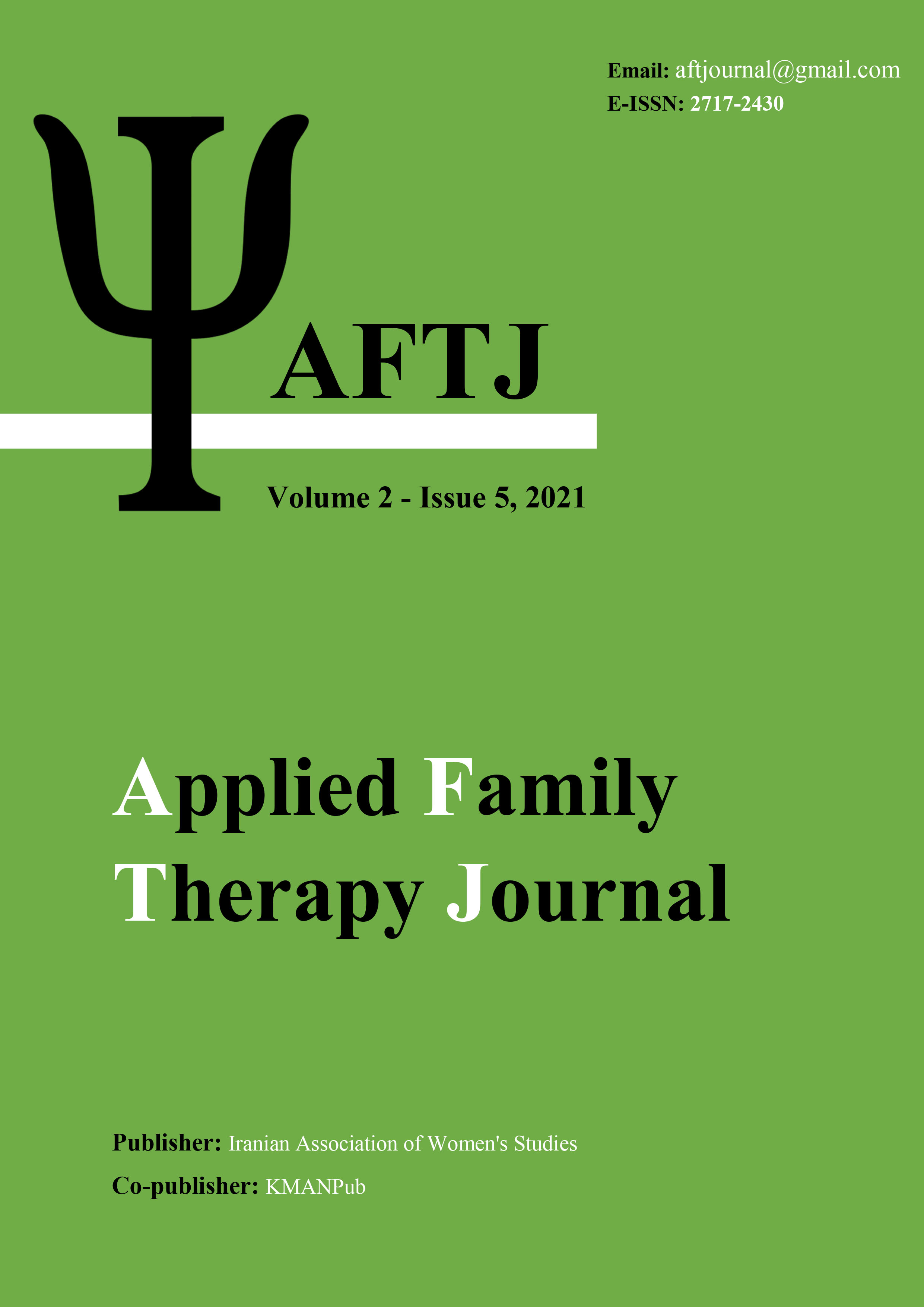Comparison of the effectiveness of cognitive-behavioral therapy, brief intervention and combined intervention on the social support of those who have recovered from Covid-19
Keywords:
cognitive behavioral therapy, brief intervention, combined intervention, depression and recovered from the Covid-19 virus.Abstract
Aim: The present study was conducted with the aim of comparing the effectiveness of cognitive-behavioral therapy, brief intervention and combined intervention on the social support of those who have recovered from Covid-19 in Andimeshk. Methods: The current research method was a semi-experimental type with a pre-test-post-test design with a control group. The research sample includes 80 people who have recovered from the Covid-19 virus, who were covered by comprehensive health service centers in Andimeshk city, who were selected in a purposeful way and randomly assigned to experimental and control groups (20 people in each group). The experimental group underwent cognitive behavioral therapy interventions for 8 sessions of 90 minutes once a week, and the control group did not receive any intervention. Phillips et al.'s social support questionnaire was used to collect data, and covariance analysis was used to test research hypotheses. Results: The results of the research showed that the average scores of social support in cognitive behavioral therapy, brief intervention and combined intervention in the pre-test and post-test stages had a significant difference between the experimental and control groups (P<0.05). Conclusion: According to the obtained results, it is concluded that cognitive behavioral therapy, brief intervention and combined intervention have been effective on the social support of those who have recovered from Covid-19 in Andimeshk city, and there is a difference between the effectiveness of these three treatment approaches.
Downloads
Downloads
Published
Issue
Section
License

This work is licensed under a Creative Commons Attribution-NonCommercial 4.0 International License.





















